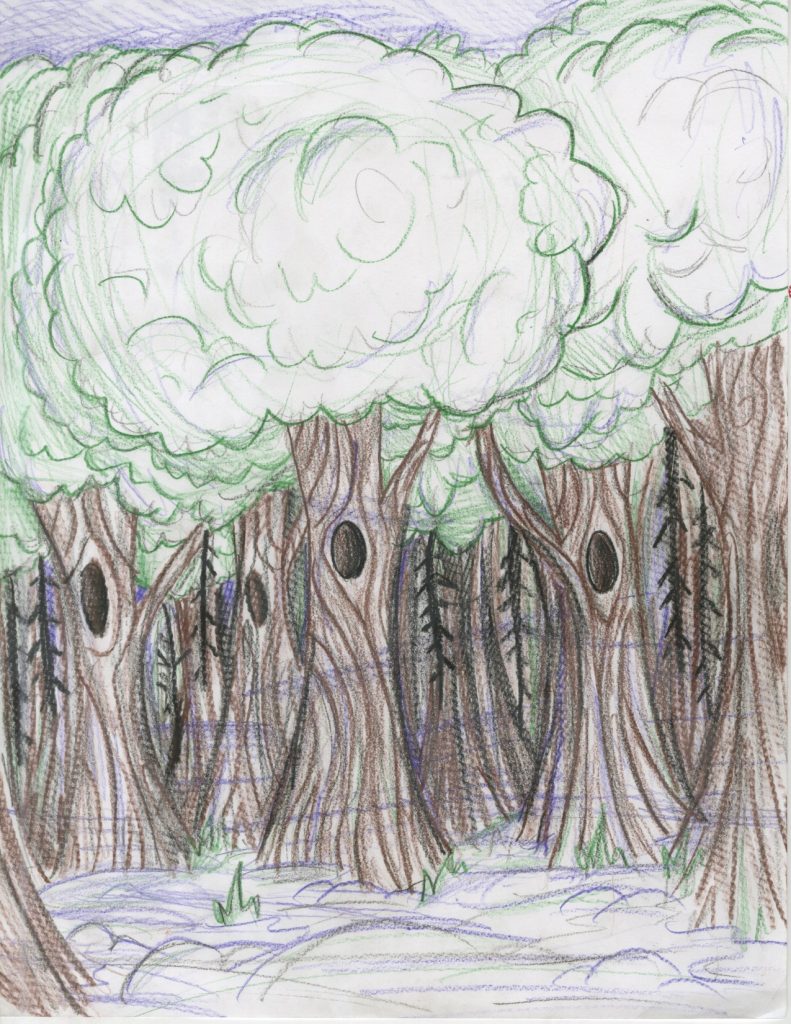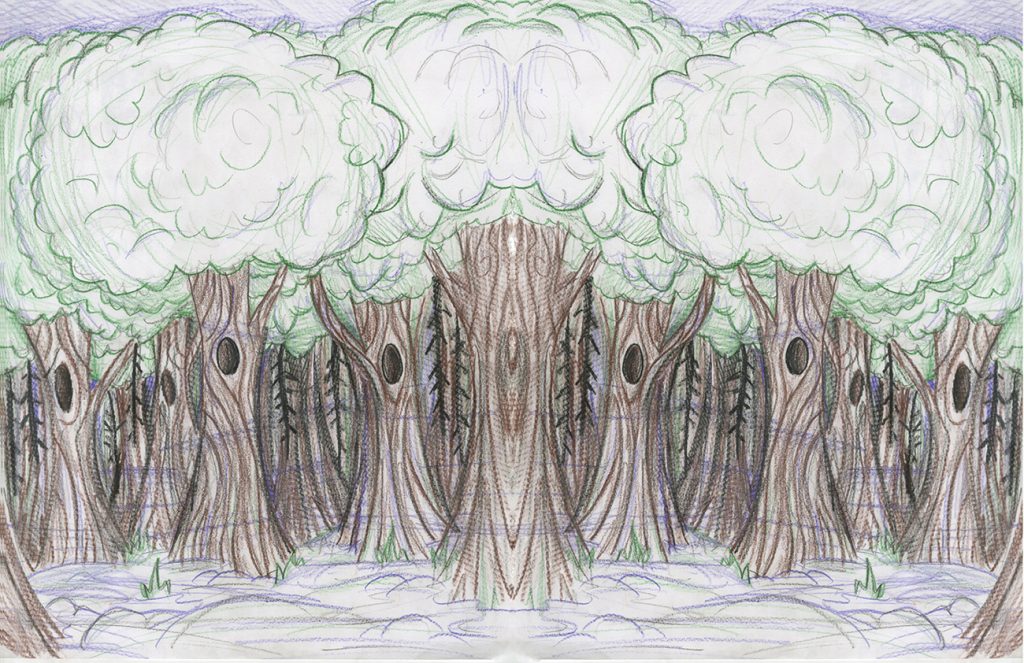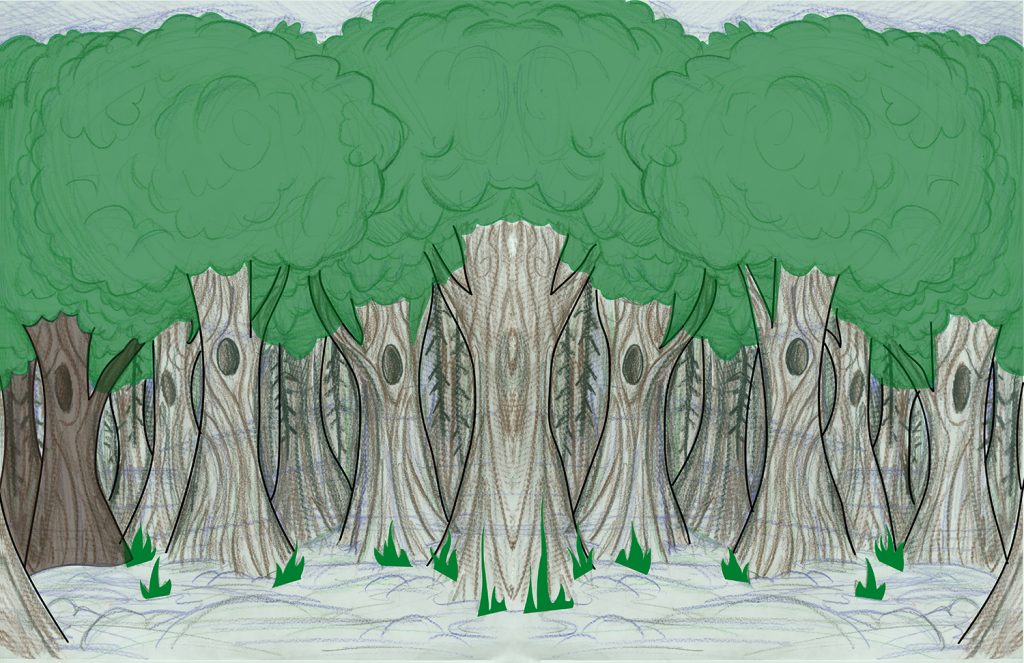This week we stayed at Parsons and communicated with our team over Zoom. The main focus of the day was to get the kids’ opinion on the questions and involve them as much as possible in developing the structure of our game.
The kids rated the questions Raquel and I finalized (which consisted of questions the kids came up with as well as questions we ourselves came up with). We decided to allocate 1 point for every right answer to an easy question and 5 points for every right answer to a difficult question. Below are the ratings.
TRASH TRIVIA QUESTIONS
Trash Trivia LCCS team edited questions
- (2) Name a species affected by water pollution… | Fish, Crabs, Birds, Sea Gulls, Dolphins, Sea Turtles, Sea Lions, and Manatee
- (3) Name a commonly found form of pollution that lies within the ocean… | Plastic bags, food wrappers, plastic bottles, beverage cans, cigarettes
- (3-4) What countries are most affected by waste? | Ghana, Philippians, Vietnam, India, China, Pakistan, Somalia, Indonesia
- (3) Name something affected by air pollution… | People, crops, animals within the ecosystem, trees, the soil.
- (3-4) What are the main causes of water pollution? | Human activity, Rapid Urban Development, Dumping of Chemical Wastes by Factories, Throwing plastic into the ocean, Oil spills, Use of Toxic Chemicals for the Plants (pesticides and harmful fertilizers)
- (1) Which indoor home activities use the most water? | Toilet, Water from the tap, dishwasher, showering, Clothes washing
- (3-4) Name an item that cannot be recycled… | Plastic shopping bags, Batteries, Styrofoam, Tires, Takeout containers, Disposable napkins and paper towels, plastic packaging (ex. candy wrappers), anything that is smaller than a post-it note (even if it is recyclable)
- (2) Name something that can be recycled… | Paper, Glass, Plastic bottles, Tin and aluminium cans, cardboard
- (3) Name a common species that is endangered or threatened by human activity… | Bees, Coral reefs, Sumatran Elephants, Birds, Whales, Hawksbill Sea Turtles, Mountain Gorilla, Black Rhino
- (3) Name the causes that reduce the population of bees | Climate change, Habitat loss, Unsustainable agriculture, Pollution, Pesticides
- (1) Name something you know about the earth… | Very old, Mostly water, Beautiful, Polluted, Round, full of humans
- (1) Name something a visiting alien would say is a huge problem on earth… | Plastic/Waste/Landfills, Pollution, War, Human greed/Humans
- (2) What are some things people can do to be more earth friendly? | Recycle, Plant trees, Use less paper / plastic, Use canvas bags instead of plastic, reduce water waste, Start a compost pile
- (1) Oysters – single answer question?
We also received many interesting questions (both multiple answer ones and single answer ones) from the NY/NJ Baykeeper team and decided that the following questions are worth considering including in the Trash Trivia:
Family Feud-style questions sent by Elana (Baykeeper):
Question #1:
(3) An oyster reef, or living shoreline:
- Protects the coastline against erosion
2. Serves as speed bumps for waves during storms
3. Acts a natural water filter.
4. Creates habitat for marine life
Question #2:
(2) Protecting natural habitat and open space is essential because:
- It protects water supplies.
2. Improves water quality.
3. Protects flood-prone areas. - Creates and improves parks.
Question #3:
According to the United Nations, plastics pollution impacts 267 species of marine life including:
- seabirds
2. whales
3. turtles - sea lions
- fish
Single-answer Baykeeper questions:
What is the first stage of life called for an Oyster?
- Larvae
What is an Oyster called once it has permanently attached to a surface?
- Spat
How many Oysters is NY/NJ Baykeeper incubating for 2019?
- 1.5 million.
How can Oyster reefs help prevent coastal flooding?
- During a storm, underwater oyster reefs act as a natural breakwater, absorbing wave energy before it hits the shore.
How do Oysters help improve water quality?
- Oysters are filter feeders, consuming phytoplankton and improving water quality while they filter their food from the water.
How many gallons of water can an oyster filter in a day?
- 50
According to NY/NJ Baykeeper research, about how many plastic particles are there polluting the Estuary?
- 165 million!
What type of plastic pollution was the most present, making up 38%, according to NY/NJ Baykeeper’s study?
- Foam.
How many single use styrofoam products are thrown away each year worldwide?
- 14 million tons.
How long does it take for styrofoam to biodegrade?
- Styrofoam never fully biodegrades.
What landmark is at the head of tide of the Hudson River?
- Troy Dam.
In what city is the head of tide located?
- Troy, NY
Where are the headwaters of the Hudson River located?
- Upper New York Bay.
Why is land conservation important for water quality?
- Land conservation is vital for water quality. Open space provides flood control, storm protection and clean air. When land is developed, permeable surfaces are replaced by impervious surfaces such as roads, roofs and parking lots and less permeable surfaces such as lawns. This increases stormwater runoff and is one of the most significant impacts to natural water systems.
What year did NY/NJ Baykeeper start fighting pollution and polluters?
- 1989
(2) In what ways can you reduce waste on a day to day basis?
- We can reduce our use of non-recycle-able products, reuse what we can, and recycle! Invest in reusable cups, totes and other household and travel products, and try to avoid single-use plastics such as straws, plastic cups, bags, cutlery and containers.
What is a more eco-friendly decoration to replace balloons?
- No balloons is definitely the way to go! Try reusable flags, banners and streamers instead!
(2) What is a good way to be chic and pro-green when shopping?
- Buy local– this reduces the amount of energy it takes to transport food to your table!
- Use resuable shopping bags.
- Try to buy products that are in recycled packaging.
- Shop less and avoid impulse shopping!
- Buy in bulk, which translates into less packaging.
Why are plastic straws out, and reusable cups in?
- Straws are one of the top single-use plastics that end up on our beaches and in our waterways. Reusable cups are a relatively inexpensive and eco-friendly way to go.
Why is going BYO with reusable products fun and eco-friendly?
- By using reusable products, we can reduce waste and reuse what we already have. With the dangers of plastic pollution on the rise, there are plenty of eco-friendly alternatives that can be stylish and convenient.
What is the largest a bog turtle can get?
- 4.5 inches.
When was the bog turtle listed as critically endangered?
- 1974.
What is a black skimmer?
- The black skimmer is a seabird.
When was the black skimmer first listed as endangered in New Jersey?
- 1979
Where does the black skimmer get its name?
- Its stark black and white plumage.
How does plastic pollution in the environment heavily affect the black skimmer?
- Seabirds like the black skimmer ingest plastic particles that end up in the ocean.
Why is it a good sign to have osprey around?
- Ospreys are a sign of a healthy habitat and ecosystem.
What is often found in an osprey’s nest that end up injuring these bird or their young?
- Plastics.
PROGRESS ON TRASH TRIVIA ASSETS
Richard’s drawing in the progress of being turned into an animated, enchanted forest. All the other drawings will also be animated and used in the game.


